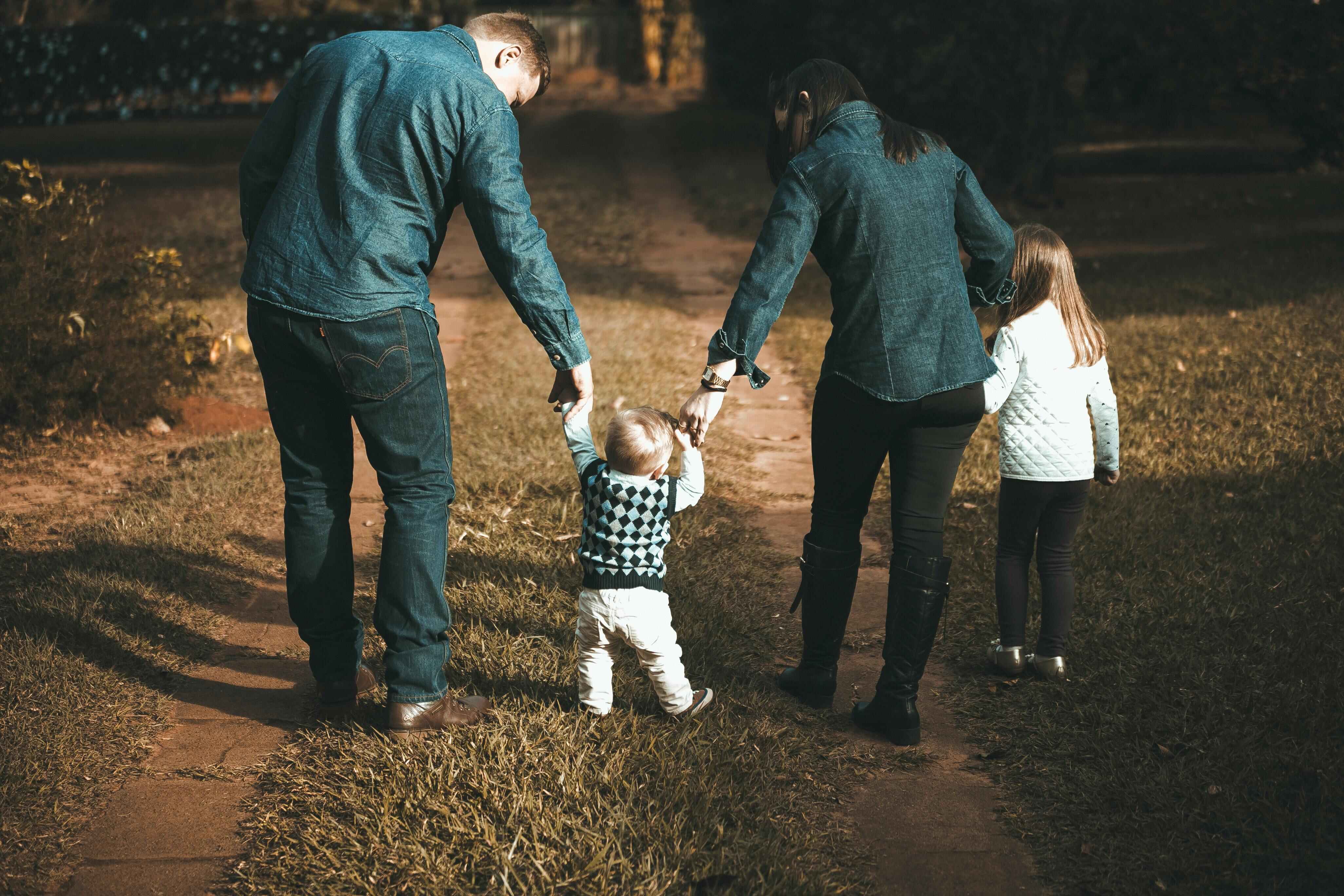Doctors routinely warn women about age-related fertility issues they might face if they leave it too late, citing problems conceiving and higher risks for the embryo. Prof. Cathy Warwick, who is set to retire later this month after 9 years at the helm of RCM (Royal College of Midwives), however, believes such fears are mostly unfounded.
In 1970, the average age women in the UK had their first child was 23.5. Now it’s 28.6. Furthermore, the number of first-time mothers over 40 had trebled over the last three decades from 4.9 to 14.7 per 1000. But while most fertility specialists urge women to get pregnant sooner rather than later, prof. Warwick says that the increase in risk is negligible even if you have a baby at 45, and that experts shouldn’t be scaring women into early pregnancies.
The Stats
According to a 2004 paper published in the Human Reproduction Journal, 86% women aged 27-34 will have become pregnant within 1 year of trying, compared to 82% of women aged 35-39. Dunson did note a significant drop after 40; however, as David James, who heads the National Institute for Health and Care Excellence, stated in 2013, the odds of women over 40 conceiving naturally and delivering a healthy baby have significantly improved over the years that passed since that report was issued.
Meanwhile, The British Fertility Society’s chairman Adam Balen is somewhat less optimistic. He explains that celebrities aren’t exempt from age-related fertility trouble and that those giving birth at later ages often do so with the help of IVF or egg donation. He also added that by not stating so publicly, they give others false hope.
According to research, the risk of chromosomal abnormalities (including Down’s syndrome) rises eightfold from 30 to 40 (from 1:800 to 1:100). The instance of stillbirth amongst women over 40 is 7.6 per 1000, compared to 4.7 per 1000 for mothers aged 30 to 34.
Interestingly, the average age of first-time father has also risen over the last four decades – from 29.4 to 33.1, with 15% of British children being born to dads over 40.

















